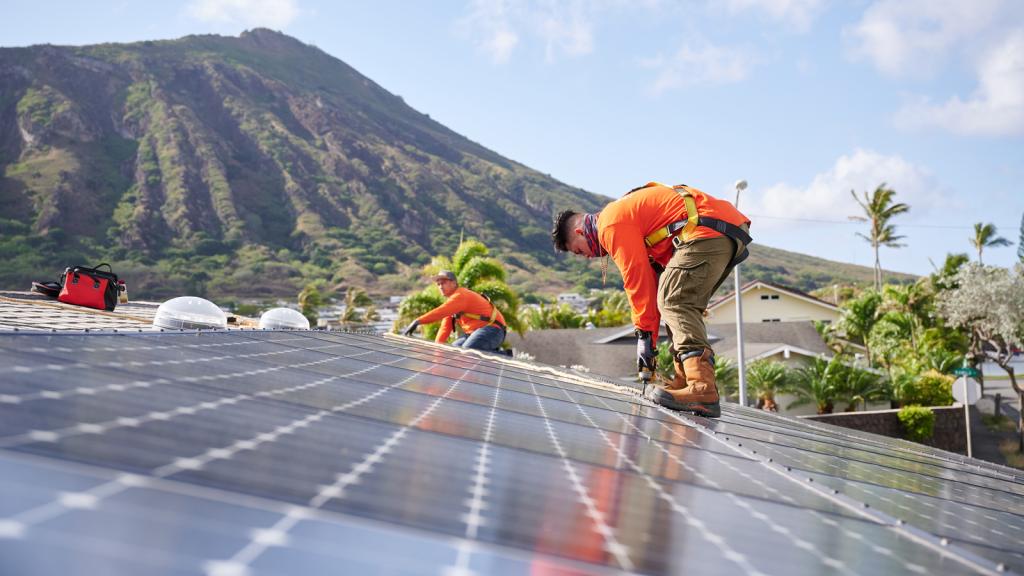The World Bank has pulled funding from a 663-mile oil pipeline in Chad and Cameroon, having lost its gamble that the project would funnel oil wealth into poverty reduction instead of the pockets of corrupt officials. The bank made the loan in 2000, with the stipulation that 72 percent of oil royalties be spent on schools, hospitals, and roads. Covering the decision, Grist wrote that opponents “say it would destroy sensitive rainforest, lead to oil spills, dislocate indigenous peoples, and line the pockets of corrupt African officials.” Sure enough, the Chadian government failed to follow through on its end of the bargain, disseminating far less than promised and often funding shoddy or never-completed projects. President Idriss Déby continually tried to renegotiate the contract for more flexibility; much of the oil revenue was likely spent on the military. Environmentalists, who criticized the project from the get-go, say it’s further evidence that the World Bank shouldn’t be funding fossil fuels.

